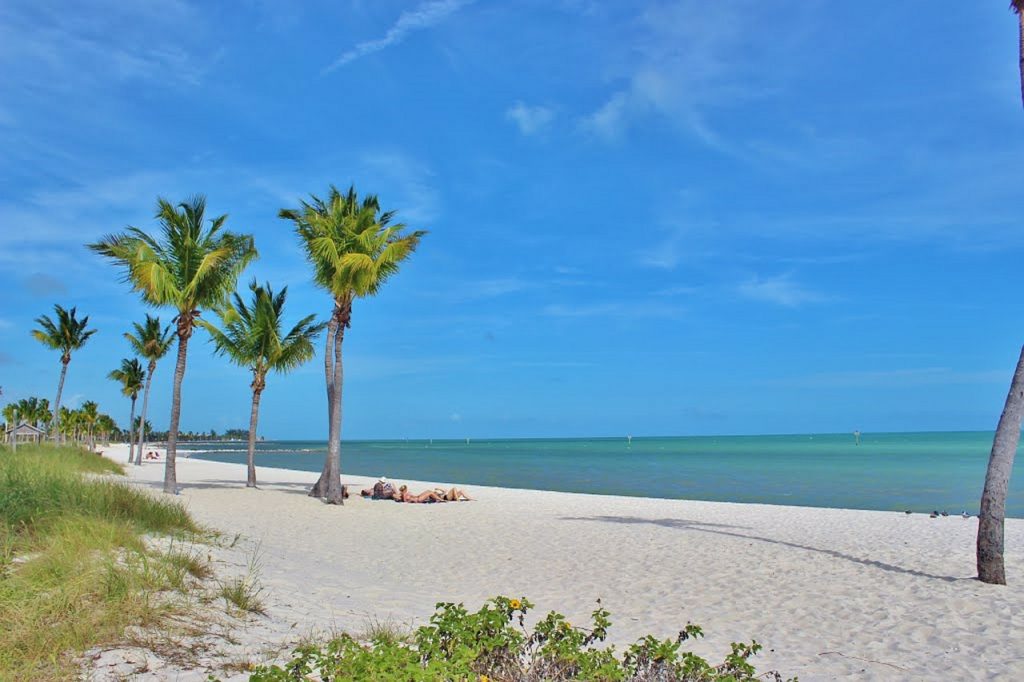Popular Florida National Park Suddenly Closes Due To Surge Of Migrants
The Dry Tortugas National Park abruptly closed after 300 migrants poured in as refugees from Cuba.
This article is more than 2 years old

Stories about the surge at the border have dominated news headlines for months. But with all eyes on our border with Mexico, Florida has largely gotten overlooked. So it came as some surprise when a Flordia national park suddenly shut down due to an influx of migrants.
The Dry Tortugas National Park is in the Florida Keys. It features 100 square miles of park, spread out over seven islands. And it is so remote that visitors must take a boat or seaplane to reach it.
The Florida national park is about 70 miles from Key West, Florida. It is also only 100 miles north of Havana, Cuba. And Monday morning, the U.S. National Park Service abruptly closed the park to the public.
There isn’t anything wrong with the park. There was no structural damage or concerning leaks. Instead, the closure stemmed from an influx of Cuban refugees.
Hundreds of migrants arrived over New Year’s weekend, according to NPR. A news release from the National Park Service estimated roughly 300 individuals. And while this is not the first time Cuban refugees have arrived on the island, it is the largest number at one time.
There is no estimated timeframe for the reopening of the Flordia national park. However, “The closure, which is expected to last several days, is necessary for the safety of visitors and staff because of the resources and space needed to attend to the migrants.” Local first responders are currently tending to those migrants.
The Department of Homeland Security was notified. But they have yet to arrive on the scene to process the refugees. When officials finally arrive, they will have their work cut out for them, though.
And that is because the Florida national park isn’t the only area that received migrants over the weekend. Another 160 landed in the Upper and Middle Keys. “Sheriff Rick Ramsay called it a “‘humanitarian crisis'” created by “‘federal failure.'”
Ramsay also said, “This shows a lack of a working plan by the federal government to deal with a mass migration issue that was foreseeable.” By foreseeable, the Sheriff is referring to the massive unrest in Cuba lately. US officials have watched the situation closely but have not come up with an answer for dealing with it.
Cuba’s economy has plummeted recently. Things are so bad that Cubans have started fleeing in larger numbers than usual. But they’re not just coming through Florida.
“U.S. authorities recorded more than 220,000 Cubans at the U.S. southwest border in fiscal year 2022, a nearly 500% increase from the same period in 2021.” And it is understandable that Florida officials are upset since federal authorities knew this exodus was happening. Local agencies do not have the tools or resources to deal with influxes like what occurred at the Florida national park over the weekend.
The frustration felt in Florida echoes that of local officials along the southwestern border. However, despite their frustration, local agencies are stepping up to serve each migrant. And that spirit of service is always welcome news.








